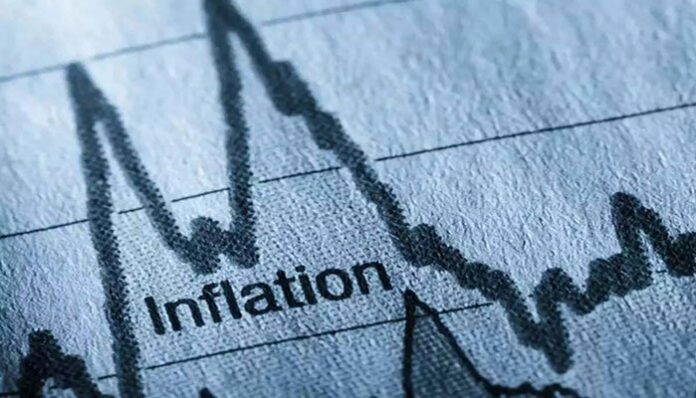ISLAMABAD: The Ministry of Finance in its Monthly Economic Outlook and Update July 2022 released on Thursday said that inflation may continue to remain high in the immediate short run, recalling that YoY inflation has accelerated more than 20 per cent.
The report said that despite the gradual decline in the economic growth outlook in Pakistan’s main export areas, domestic economic activity continues to be strong; however, international reserves have fallen to levels that are too low according to international standards and these factors have contributed to significant upward pressure on domestic interest rates due to which SBP had to raise its policy rate. Furthermore, significant fiscal consolidation is in the making.
These developments may put downward pressure on domestic demand and risk to slow down economic growth in the short run.
On the other hand, long-term economic policies should see through these short-term headwinds. Once the tranche from the IMF is received, additional financing channels will open themselves. This should allow focusing on longer-term objectives, the report stated.
One of them is to secure a high sustainable growth trajectory capable of absorbing Pakistan’s rapidly growing human capital while avoiding internal and external financing constraints. To avoid these constraints, effective supply-side dynamics must be combined with prudent demand management.
The report stated that high international prices are still adversely affecting external positions even in the start of FY23 and emphasised on the intense need for the successful completion of the IMF 7th and 8th reviews of Pakistan’s Extended Fund Facility (EFF).
The government has taken all difficult decisions to make reviews successful, reaching a staff-level agreement for a $1.17 billion loan tranche. However, ongoing political unrest is not only creating governance problems but on the other hand, intensifying the uncertainties depicted by exchange rate depreciation which will, in turn, impact the cost of production. Halting investment decisions is further making the outlook blurry.
It stated that there is concrete evidence that external and internal factors drive Pakistan’s inflation. Not only international commodity prices, especially oil and food prices but the depreciation of the exchange rate influences domestic inflation.
The higher interest rate followed by monetary contraction is also adversely affecting the perception about the outlook of the economy. The recent decline of petroleum prices by the government resulted in a decline in weekly SPI but market expectations and supply side factors are contributing to inflation.
On agriculture, the report stated that the input situation remained favorable during the period except for weather conditions. The agriculture sector will continue to grow on account of supportive government policies. However, the unprecedented rains causing floods may hamper cotton and other minor crops.
The expansionary fiscal policy stance throughout FY22 widened the fiscal deficit by 58 per cent during Jul-May FY22. In terms of GDP, it increased by 5.2 per cent in Jul-May FY22 against 3.9 per cent in the fiscal year before that.
The fiscal consolidation efforts were severely hampered during FY22 owing to the relief measures introduced to offset the impact of higher energy and commodity prices.
Resultantly, the expenditure side came under significant pressure and thus limited the already constrained fiscal space for growth oriented and social development programs.
On the revenue side, despite difficult economic conditions, tax collection surpassed the Rs6.0 trillion mark in FY22. Due to broad-based growth in all revenue heads, net tax collection increased by 29 per cent in FY22 over the preceding year. Direct taxes, in particular, increased by 31 per cent, which is consistent with the government’s policy of enforcing taxation on earned income, thereby reducing the indirect incidence of taxation.
During the year FBR introduced various initiatives, however, the POS system to document the retail sector and the TTS to capture LSM across the country played a significant role in improving tax collection. For FY2023, tax collection is budgeted at Rs7,470 billion.
To maintain the growth momentum and to achieve the set target during the current fiscal year, reform measures would continue to focus on facilitating taxpayers to create a congenial environment, using technology to improve documentation, and broadening the tax base, etc.
During the first eleven months of FY22, expenditure overrun the revenue growth, and thus fiscal deficit is revised upward. It is likely to remain at 7.1 per cent of GDP, the report added.




